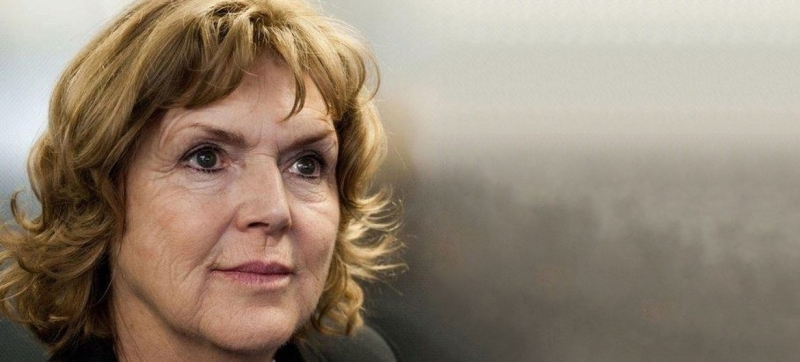
Special Rapporteur on the situation of human rights defenders Mary Lawlor UN expert: persecution of human rights defenders in Georgia must end Human Rights
In 2024, human rights defenders in Georgia faced a wave of repression that independent UN experts believe continues to this day, UN Special Rapporteur on the situation of human rights defenders Mary Lawlor said on Thursday.
Special Rapporteur on the rights to freedom of peaceful assembly and of association Gina Romero also supported the statement.
“I visited Georgia in late 2023 to examine the conditions for human rights defenders in the country and found that people were working in difficult conditions,” Lawlor said. “Since then, the situation has deteriorated dramatically.”
The Law on ‘Foreign Agents’
The Special Rapporteur recalled the harassment of human rights defenders when the country’s parliament debated the Foreign Influence Transparency Act earlier this year. The law, which was adopted on 28 May and entered into force on 1 August despite widespread public protests, places Georgia in a difficult position with regard to its human rights obligations, in particular freedom of association and expression.
According to Lawlor, human rights defenders have been subjected to harassment during the legislative process, including physical attacks and threatening phone calls. Members of human rights groups have seen their offices and homes vandalized with threats and slander.
Slander and Violence
The UN independent expert stressed that these attacks were carried out with impunity and in some cases appeared to be encouraged by public statements by senior government officials.
On June 11, 2024, Zuka Berdzenishvili, one of the founders of the pro-democracy movement Sirtskhvilia (Shame), was brutally attacked and hospitalized. The attack came shortly after Georgian Parliament Speaker Shalva Paushvili accused Berdzenishvili and others who opposed the foreign agents law of terrorism.
“Public defamatory statements by government officials and ruling party members about human rights defenders as enemies of the people remain a serious problem in Georgia,” Lawlor said. “These statements encourage and legitimize attacks on human rights defenders, and in the Georgian context it is increasingly clear that this is precisely what they are doing,” she added.
Make a difference
The Special Rapporteur called on the Government to change course and seriously consider implementing the recommendations set out in her report to the Human Rights Council.
Lawlor is in contact with the Georgian authorities regarding her concerns and stands ready to continue to do so.
Special Rapporteurs are part of what is known as the Special Procedures of the Human Rights Council. Special Procedures experts serve on a pro bono basis; they are not UN staff and do not receive a salary for their work. They are independent from any government or organization and serve in their individual capacity.
Read also:
